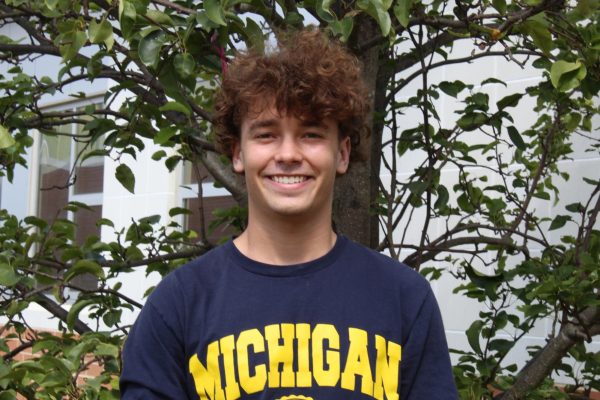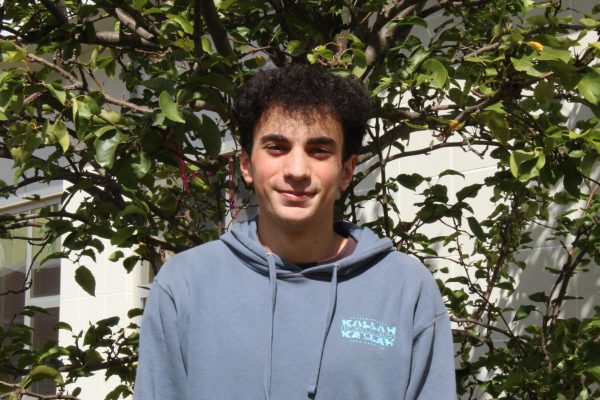Charlie Kirk, conservative activist and founder of Turning Point USA, was shot and killed on Wednesday, Sept. 10 while hosting an event at Utah Valley University in Orem, Utah. The assasination shocked millions across the country, including many students at WJ, and sparked a massive wave of reaction via social media.
Since the 2010s, Kirk had been a leading figure in conservative media. His far-right views on topics such as abortion, gun control and LGBTQ rights along with a far-reaching online presence had garnered him a large fanbase of young conservatives, as well as a significant amount of criticism from the left.
Kirk regularly hosted “Prove Me Wrong” debates on college campuses, in which he would debate his views with liberal students in front of a large conservative audience. Videos and clips of these debates regularly went viral, allowing his message to reach people of all political ideologies. It was during one of these debates, in the middle of answering a question about gun violence, that Kirk was fatally shot.
News of Kirk’s death spread quickly to WJ students on both sides of the political spectrum. Although he was a polarizing figure, the assasination deeply affected people of all beliefs and ideologies.
On the right, the main reaction was one of sympathy and grief. This response was shared by the majority of WJ’s conservative-leaning students.
“Mostly what I’ve seen has been support and prayers to his family,” junior Bamdad Hajati said. “Yes, there’s been some negative feedback, but I would ask them, what would you think if that happened to someone in your family? Try to put yourself in his family’s position and try to understand.”
Responses from the left were more mixed, with liberals and democrats facing the dilemma of whether or not to express sympathy for someone who many of them viewed as a bigot and extremist.
“I think that the loss of life in any situation is horrible, regardless of who they were,” senior Zoe Nazario said. “However, I think that in judging people who don’t care, we’re neglecting the fact that he was a terrible person to a lot of people. It’s very difficult for someone who is personally victimized and attacked by his rhetoric to have sympathy for someone like that.”
Social media posts clearly illustrated these differences in opinion. Right-leaning users shared messages ranging from denouncement and grief to militance and anger, while left-leaning users’ posts varied from solidarity to celebration.
“I was surprised that everyone talked about it and everyone had something to say,” junior Will Field said. “Usually people aren’t that political. People often like to act cool and kind of arrogant when it comes to politics.”
In the aftermath, students are left wondering what the long-term consequences will be, especially for a school as opinion-diverse as WJ. With polarization already hitting a historical peak, and politically-motivated violence following suit, the future is unpredictable.
“I think that really depends on how much people keep talking about this,” Field said. “I think there’s a non-zero chance that people are going to move past this in a month and just talk about something new, because something new is going to happen.”











